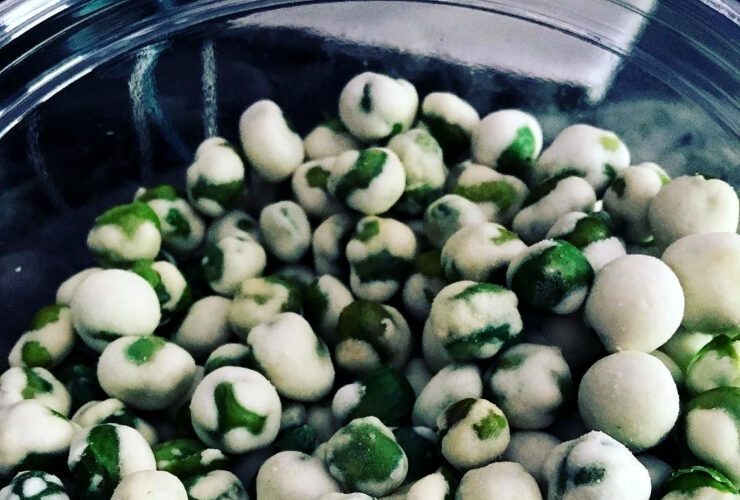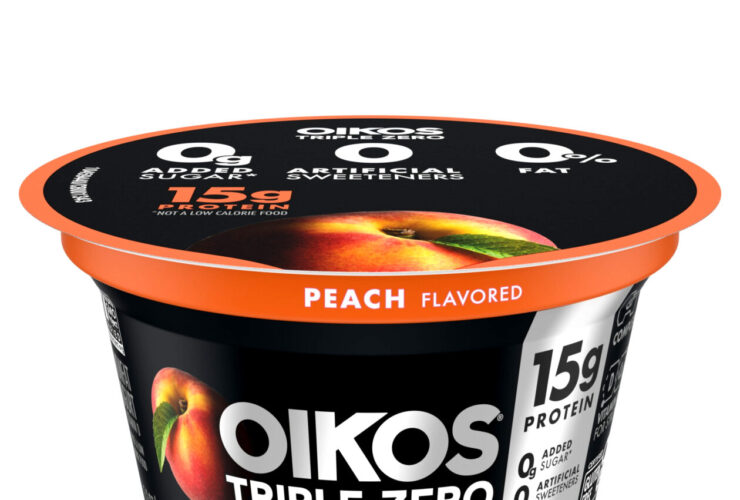Clamato juice, with its intriguing blend of tomato and clam flavors, has long been a staple in cocktails and savory recipes. But the question remains: is Clamato juice a healthy choice? To uncover the truth, let’s dive into this unique beverage’s nutritional aspects and potential health implications.
Understanding Clamato Juice
Clamato juice, as the name suggests, is a fusion of tomato juice and clam broth, enhanced with spices for added flavor. Originating in the late 1960s, it has found favor primarily among Mexican and Canadian consumers, often used as a mixer in cocktails like the Michelado.
Nutritional Profile
While Clamato juice offers some nutritional benefits, it also has certain drawbacks. Each 8-ounce serving contains approximately 60 calories, negligible fat, and minimal protein. However, its sodium content is notably high, with around 800 milligrams per serving. Additionally, it contains added sugars in the form of high fructose corn syrup, raising concerns about its impact on overall health.
Health Considerations
- Sodium Concerns: The high sodium content in Clamato juice may pose risks for individuals with hypertension or those advised to limit their sodium intake. Excessive sodium consumption is associated with increased blood pressure and cardiovascular issues.
- Added Sugars: High fructose corn syrup adds to the calorie count and raises concerns about the potential adverse effects of added sugars on health, including weight gain, diabetes, and heart disease.
- Nutritional Value: Clamato juice provides some vitamins, such as vitamins A and C, but they are present in relatively small amounts compared to other sources. Therefore, there may be better options than relying on Clamato juice as a significant source of essential nutrients.
Is Clamato Juice Good for You?
In short, while Clamato juice may offer a unique flavor, it could be better for your health. It contains high levels of sodium and added sugars, which can contribute to health issues like high blood pressure and weight gain. Therefore, it’s best enjoyed in moderation, with awareness of its nutritional drawbacks.
Moderation is Key
While Clamato juice can be enjoyed as part of a balanced diet, moderation is key. Limiting intake, especially for individuals with specific health concerns such as hypertension or diabetes, is recommended. Additionally, considering healthier alternatives with lower sodium and sugar content, such as homemade vegetable juices or low-sodium versions of Clamato, can help mitigate potential risks.
Final Thoughts
In conclusion, while Clamato juice may add a unique flavor profile to cocktails and recipes, its high sodium and sugar content raises concerns about overall healthfulness. Enjoying it in moderation and being mindful of its nutritional impact can help individuals make informed choices about incorporating Clamato juice into their diets. Ultimately, prioritizing a diverse range of nutrient-rich foods and beverages is essential for optimal health and well-being.
Was this helpful?

Joseph Emb, RDN
Founder of StyleVitally.com | Registered Dietitian & Wellness Advocate
What I Cover:
I’m passionate about connecting nutrition science and everyday wellness to help people live healthier, more vibrant lives. I write about evidence-based nutrition, mindful eating, sustainable lifestyles, and holistic well-being at StyleVitally.com.
My Background:
The University of Texas in Austin, where I earned my Dietetics diploma, laid the groundwork for my nutrition and health career. My training and hands-on experience taught me the science and art of using nutrition to enhance health and well-being.
Professional Journey:
I’m an RDN with lots of experience. I’ve helped people seeking tailored nutritional recommendations in clinical settings and community outreach programs. My constant learning and professional development ensure that my recommendations are always based on the latest evidence.
Ethical Commitment:
My practice prioritizes integrity. My content is transparent and objective, following the most significant ethical standards. I can give my audience unbiased advice because I’m not affiliated with food businesses or industry associations. I want to help people make informed health decisions that match their values and ambitions.
Join Me on the Wellness Journey:
Join me on the path to vitality and well-being, whether facing nutritional issues, seeking sustainable lifestyle changes, or simply wanting a better, happier you. We’ll discover how diet, mindfulness, and holistic well-being can maximize your potential.










Leave a Reply
View Comments